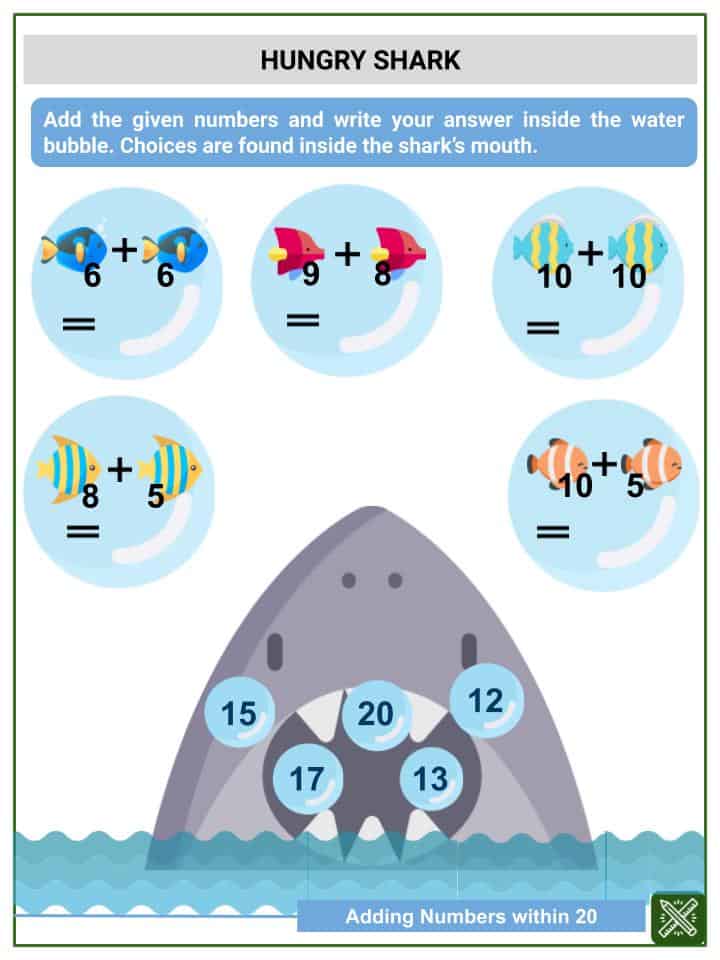13++ Composite Numbers
Composite Numbers. A prime number is the one that has only two factors and a composite number has more than two factors. 70.59 is an average of first 100 natural numbers or positive integers.

6 can be made by 2 × 3 so is a composite number. In other words, 1000 can be divided by 1, by itself and at least by 2 and 5. The composite numbers from 1 to 100 are;
como decorar jardines pequenos modernos cuisine ixina chene san remo collecteur eau de pluie brico depot contreplaque 15 mm castorama
C++ Leap Year tutorial YouTube
In math, composite numbers can be defined as the whole numbers that have more than two factors. A whole number that can be made by multiplying other whole numbers. In other words, 1000 can be divided by 1, by itself and at least by 2 and 5. So, 1000 is a 'composite number'.

A composite number n is a positive integer n>1 which is not prime (i.e., it can be divided by whole number other than 1 and itself). A composite number has more than two factors. The first 100 composite numbers. In maths, composite numbers are the type of natural numbers that have more than three factors. What is a composite number?

4, 6, 8, 9, 10, 12, 14, 15, 16, 18, 20, 21, 22, 24, 25, 26, 27, 28, 30, 32, 33, 34, 35, 36, 38, 39, 40, 42, 44, 45,. Use the digits 1 to 9, at most one time each, to make 5 composite numbers. Other than number 1 every other positive number that is not a prime is.

So, let us explain this by taking. A composite number, on the other hand, can be any whole number that has more than 2 factors. So, 1000 is a 'composite number'. Composite numbers are more common than prime numbers. A composite number is a positive integer that is not prime.

3 would be a prime number because its only factors are 1 and 3. A prime number can only have 2 factors, 1 and the number itself. A composite number, on the other hand, can be any whole number that has more than 2 factors. When the area of a rectangle is a prime number, there is only one set.

So 6 is composite, but 7 is prime. 6 can be made by 2 × 3 so is a composite number. Composite numbers are used to arrange things into groups. In other words, it has a positive divisor other than one or itself. Learn about the definition of a composite number, the difference between prime and composite numbers, and see.

So, let us explain this by taking. A prime number has only two factors: A composite number is a positive integer that has a factor other than 1 and itself. The first 100 composite numbers. A composite number, on the other hand, can be any whole number that has more than 2 factors.

Use the digits 1 to 9, at most one time each, to make 5 composite numbers. Learn about the definition of a composite number, the difference between prime and composite numbers, and see some examples of prime. A prime number has only two factors: 10 rows composite numbers are only those numbers that have more than two factors. In other.